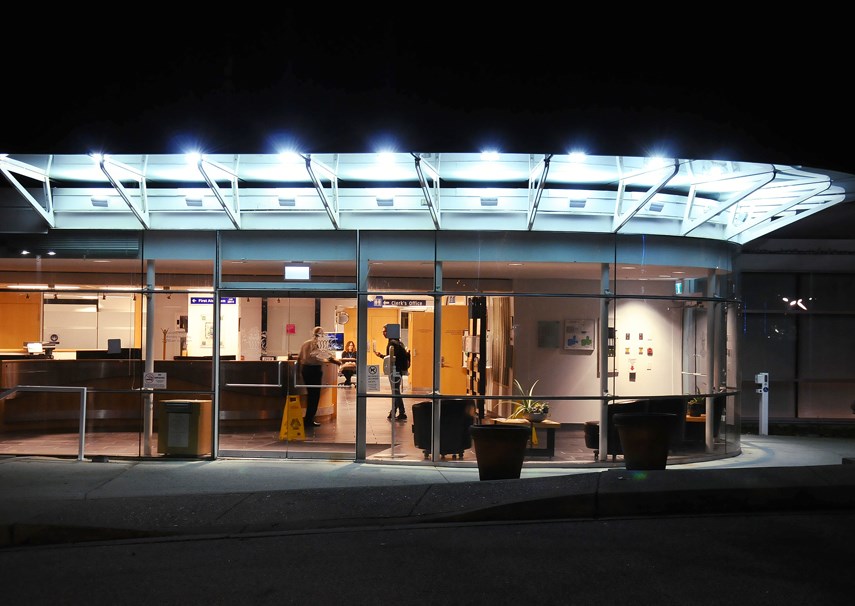District of North Vancouver council is investigating how it can either eliminate or at least curtail down to nothing greenhouse gas emissions from newly constructed buildings.
A split council passed a series of motions from Coun. Megan Curren June 15 asking staff to report back on a plan that would make greenhouse gas intensity target limits a condition of rezoning, require embodied carbon reporting for all new construction and “effectively eliminate the use of fossil gas for heat and hot water systems.”
Curren said the changes are required for the district to meet its greenhouse gas reduction targets while Canada’s greenhouse gas emissions continue to rise.
“It's not about changing a building or a project. It's about changing a system, which is basically expanding fossil fuel and supporting new fossil fuel infrastructure in a climate emergency,” she said. “We need to eliminate it as quickly as possible. This is about a moral imperative to me. This policy is asking the very least. We should have been taking action decades ago.”
The motions stoked a lively debate from council.
Coun. Mathew Bond supported getting more information from staff, but he warned that the policy may have unintended and counterproductive consequences. If it makes new construction unviable, it will undermine council’s ability to reduce GHGs through better transportation and land use, which make up a much larger source of emissions compared to the “few percent” that come from new builds, he reasoned.
“What I wouldn't want to happen is for a policy like this to go into place, and it prevents some of the good buildings such as non-profit housing, social housing, rental housing, that will probably have a much larger impact,” he said.
Others on council questioned how the changes would impact housing affordability and questioned whether Curren’s motion goes too far and too fast without proper study.
According to staff, the municipality doesn’t have the jurisdiction for an outright ban on gas heating, but it can get similar results through the B.C. Energy Step Code, which governs energy efficiency in new construction.
“I think you can do the right thing the wrong way. And I think that that's what we're experiencing here. This is a bit premature,” Mayor Mike Little noted.
Curren argued the step code doesn’t go far enough.
“The development industry and the fossil gas industry had a chance to take action for decades and they didn't. And now it's up to us as policymakers to require this. It's not going to happen without it. The technology exists. The capacity will be built when we require these changes,” she said. “We've got to get to zero.”
Coun. Jim Hanson, however, said Curren’s motion was both practical and necessary.
“The climate urgency reflects a widespread concern of our community, a widespread concern, indeed, of our world with respect to global warming, which increasingly is becoming the issue of our age. Literally, our world will live and die according to our commitment to address issues of global warming,” he said.
Curren’s motion passed with Couns. Bond, Lisa Muri and Hanson in favour. Couns. Jordan Back and Betty Forbes joined Little in opposition.



